These music technology organisations are pushing women and non-binary producers forward
Music Production for Women, Lady Of The House and shesaid.so explain how to affect change in a male-dominated industry.
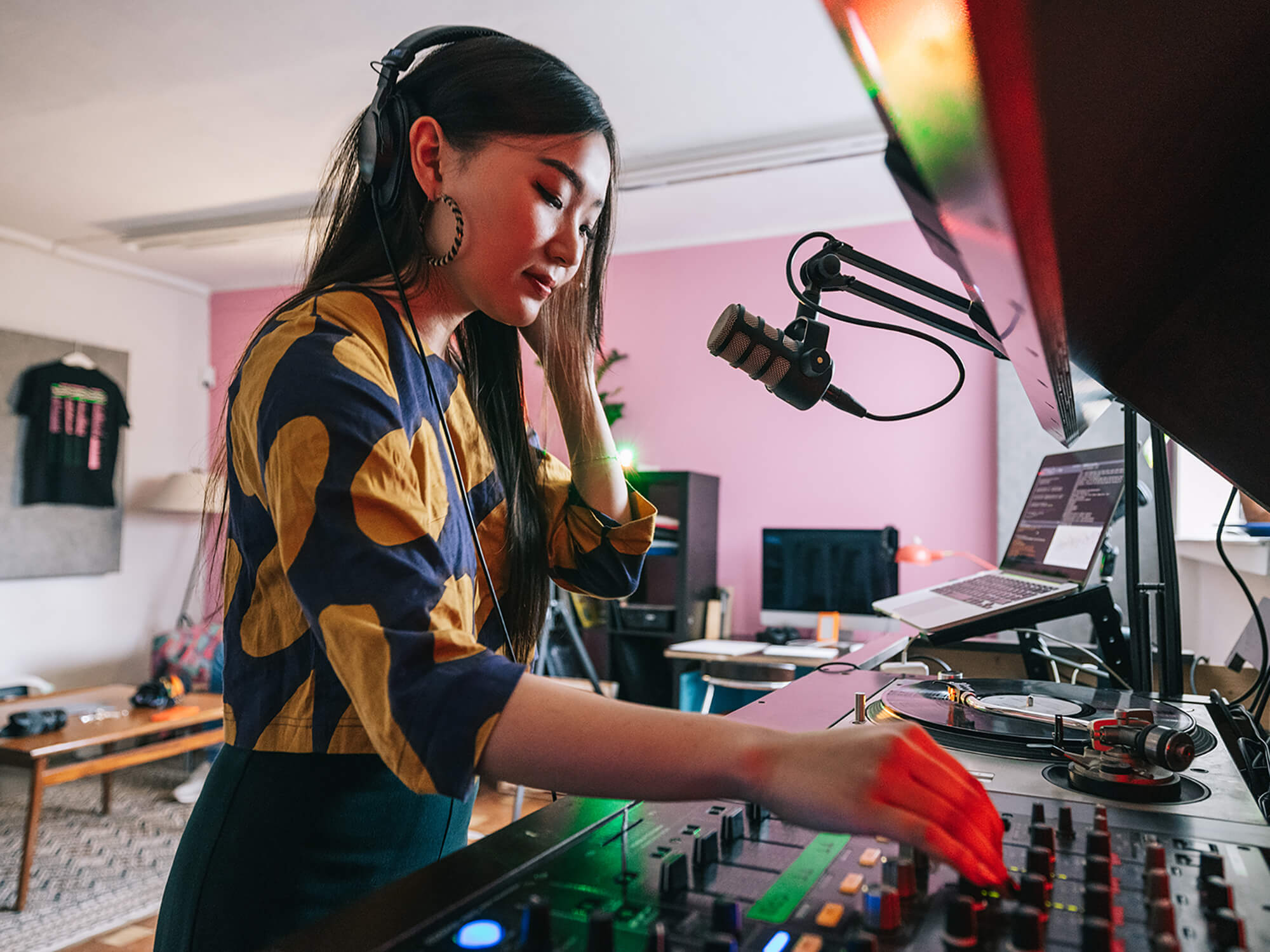
Image: visualspace via Getty Images
When Xylo Aria first founded Music Production for Women, it had a transparent foundation: “It’s based on the platform I wish existed when I first started learning to produce,” the Australia-based artist, producer and entrepreneur explains.
READ MORE: The music production industry has a gender problem – here’s how we can fix it
“I started [in the music industry] as a singer-songwriter and was working with different producers myself, and unfortunately didn’t have very good experiences,” she reflects to MusicTech. Speaking from her home in Australia, she’s discussing the initial beginnings of the now-global organisation. “I came to production at the point where I was fed up and I felt like the only way to move forward and be treated the way I felt I deserved to be treated was to learn to produce myself.”
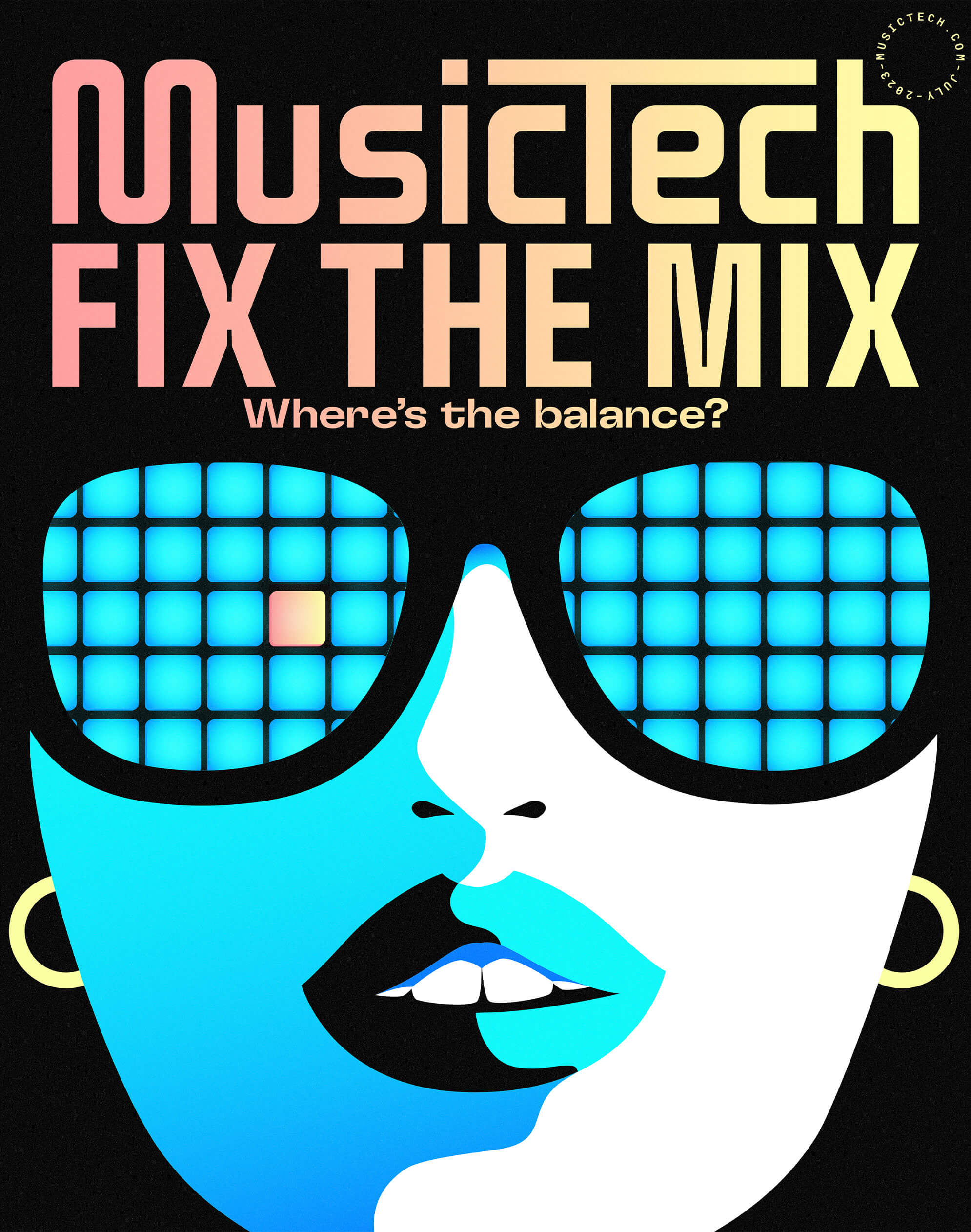
“Getting to a point where I was able to produce and release my own music was such a game-changer. And I was thinking, ‘there has to be a better way for women to get into this and not as a last resort.’”
Determined to create a space that would offer others the opportunities she’d been missing, Aria launched Music Production for Women in 2019. Founded in East London, where Aria was living at the time, she initially assembled a meet-up group for female artists interested in producing, and “started reaching out to different people in the industry to understand their experiences as well…what challenges do they have and also what advice do they have for people that are new to it, and experiencing these things for the first time.”
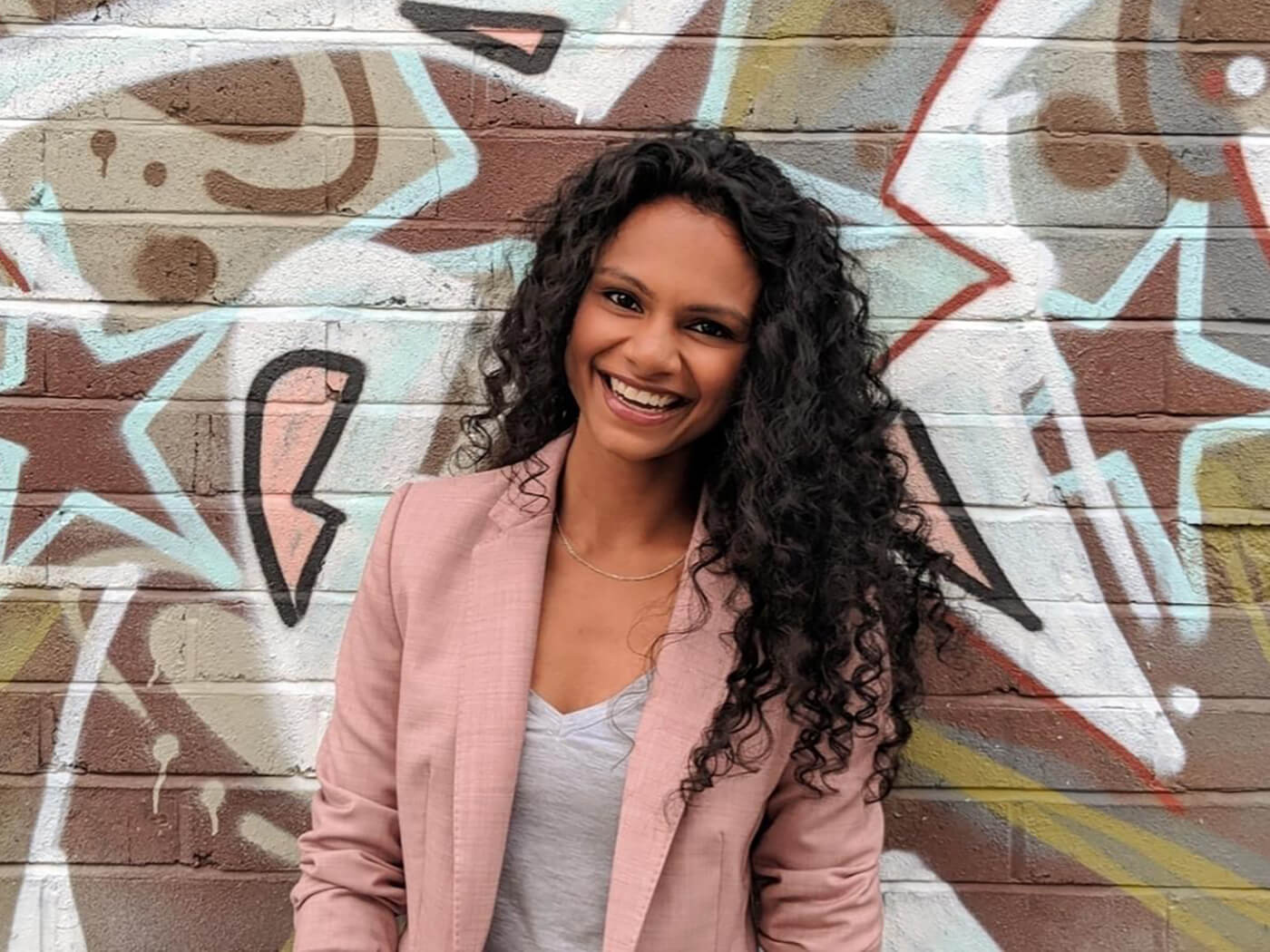
Around this, she built an ‘Introduction to Music Production’ course. Since its inception, this short course has now grown into a lengthier, year-long scheme that educates students about music production and sound design, but also looks at the business side of things. “Because I think it’s great to have a song or have music that you’ve made, but then knowing what to do with it is a whole other kettle of fish”. Since launching in 2019, classes have been taken by over 6,000 students from over 120 countries across the globe.
Organisations like Women in Music Production are crucial, offering much-needed spaces and opportunities for women and marginalised genders within the industry. But this year’s Fix The Mix report demonstrates just how important groups like these are.
Released in April, the report shines a stark light on the music production business and concludes that women and non-binary people are “vastly underrepresented in audio production and engineering roles.” The research analyses a wide pool of data, including the most streamed songs of the year and the 65th Grammy Awards genre-specific and technical role categories.
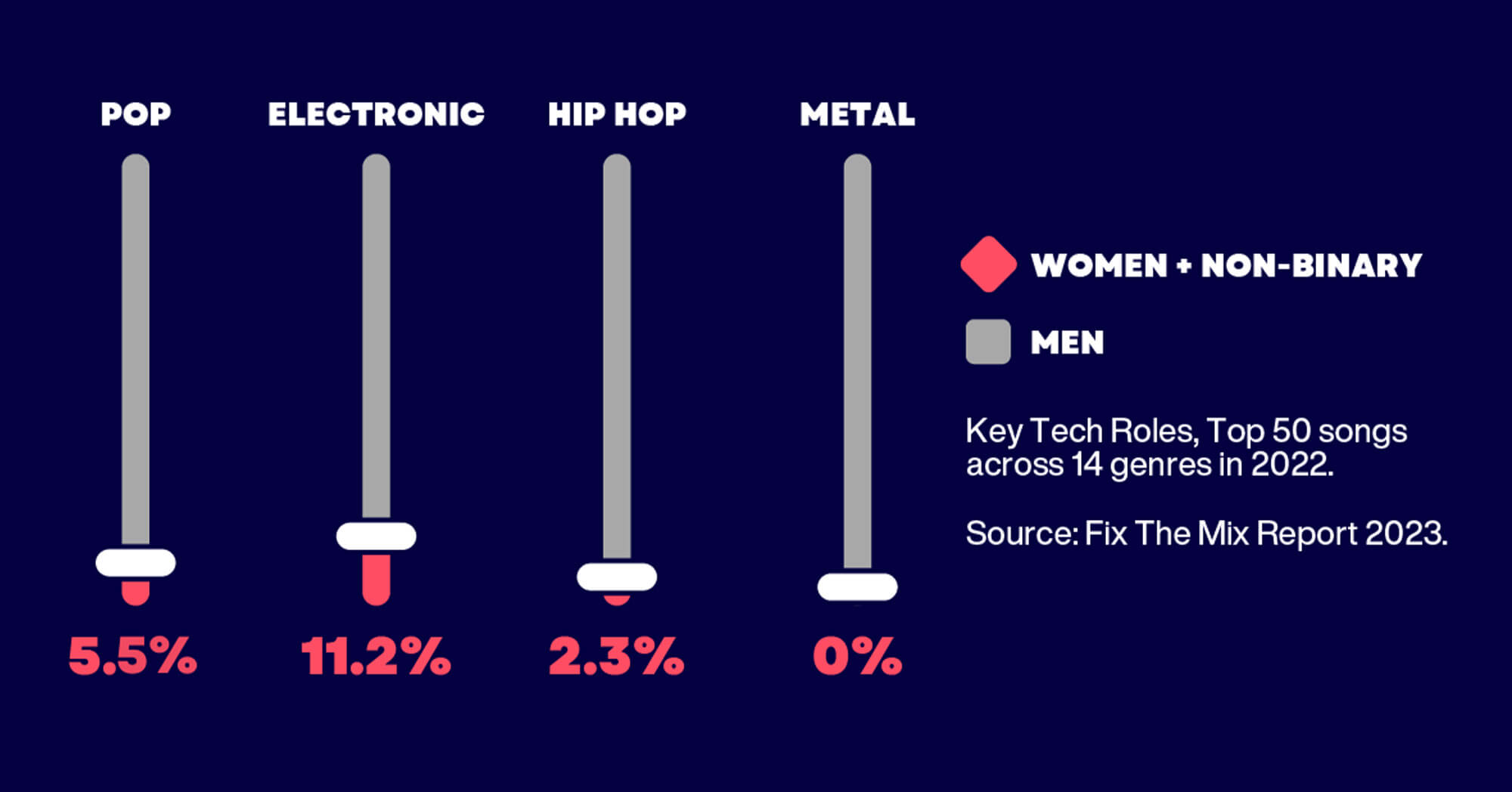
Looking at the top 10 streamed tracks of 2022 across five major digital service providers (Spotify, Apple Music, Amazon Music, YouTube, TikTok), only 16 of the credited producers and engineers were women and non-binary people (or 6.7%); while 3.2% of key technical credits in the Grammys production field categories were for women and non-binary people.
As co-author of the study Emily Lazar – a Grammy-winning mastering engineer and founder of We Are Moving The Needle – said at the time: “This study confirms what I’ve known after spending decades behind the board in the recording studio – women are not being given the same opportunities as men in production and engineering roles.”
Yet while it makes for difficult reading, there are stellar organisations out there doing the work. Groups like Bristol-based Saffron, a music tech organisation tackling gender disparity, global community shesaid.so and Lady of the House.
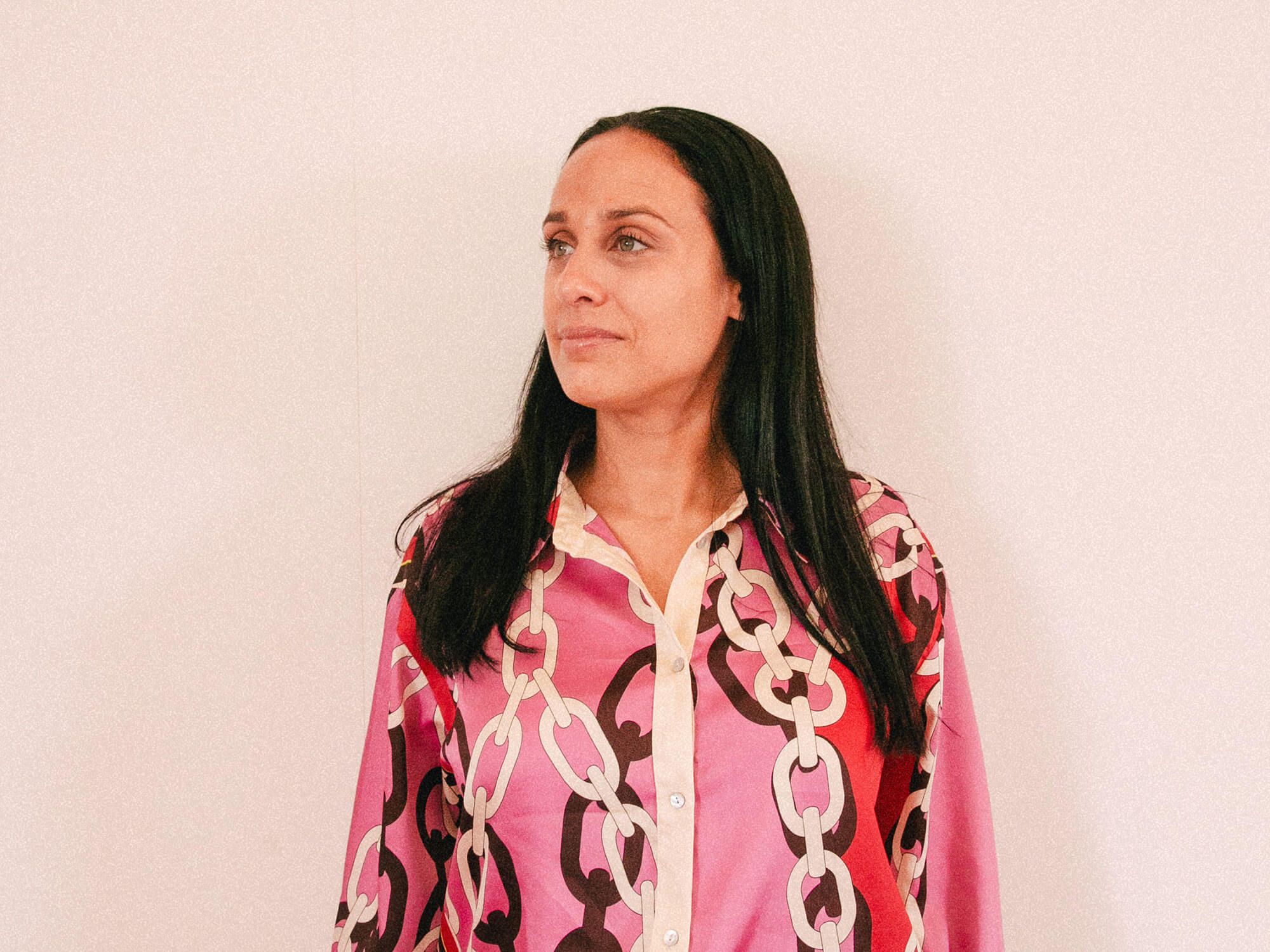
The latter was founded by Laila McKenzie, and initially began as a book of the same name (co-authored by Mckenzie and Ian ‘Snowy’ Snowball) that celebrates the contribution 150 game-changing women have made in electronic music.
“Since our inception and the production of the book, we have grown into a multifunctional platform and more importantly a community,” explains Cat Hooper, who’s general manager of Lady Of The House, adding: “Our original mission has not changed in that we exist to ensure that women and non-binary people who work in dance music receive the recognition they deserve.”
Having collaborated with brands, venues and artists – most recently Lady of the House headed to Glastonbury for a stage takeover of the Nowhere stage with Shangri-La – they’ve also launched their own label (with A&R assistance from their ‘Godmothers’ Becky Hill, Jaguar, Charlie Tee and Sam Divine, and their label releases racking up five million streams worldwide), something Hooper explains was a clear next step.
“There are so many incredibly talented women and non-binary producers in dance music and as part of our ethos it was a natural step to create a platform that’s sole focus was to showcase that music to the world.”
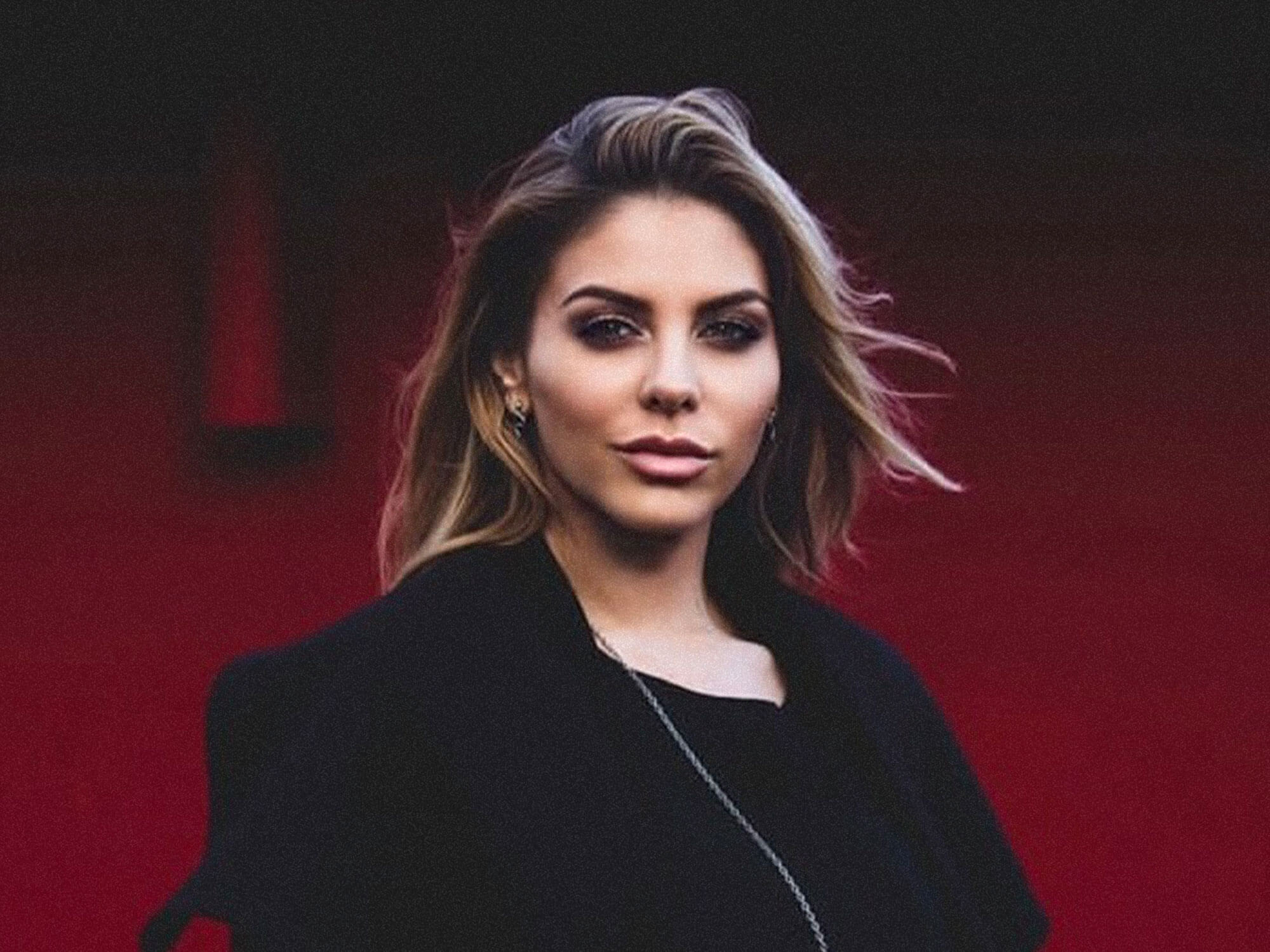
Looking at the Fix the Mix report, and what needs to be changed moving forward, Hooper reflects: “As we both found and demonstrated via our demo competition for the launch of our label, there is a lot of great music being produced by women and non-binary artists, we received over 350 demos in just six weeks and know that this number would have continued to rise had the window for submission been longer.”
It’s not the lack of talent in this sector that’s the issue, “but rather an outdated infrastructure for allowing these artists to be heard,” Hooper adds. “We are now seeing some concerted efforts from prominent platforms in opening their doors to orchestrate this change, part of which we are helping to facilitate by forming strong alliances with such organisations. However more needs to be done, ultimately this issue need not be one of complexity, it simply requires a different approach to that that has gone before it.”
Another organisation working to provide opportunities for marginalised genders in the music industry is shesaid.so. Founded by Andreea Magdalina in London in 2014, the independent community works across all music industry sectors, with a mission: “to connect and empower underrepresented communities towards a more equitable music industry for all, one woman or gender nonconforming person at a time”.
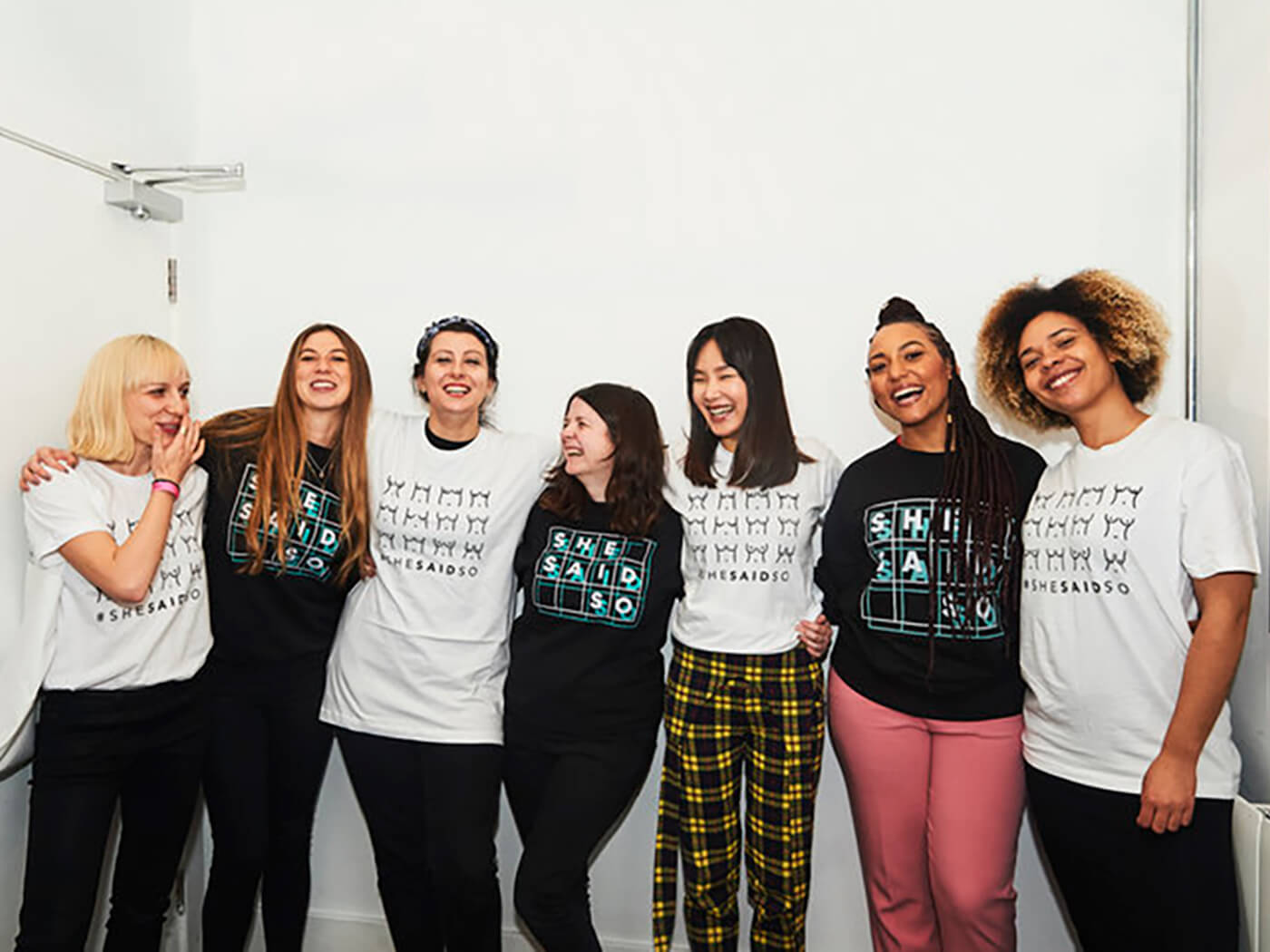
Magdalina launched shesaid.so as, while working at Mixcloud, she wasn’t seeing a lot of representation. “At the time, I didn’t see myself seen and I didn’t see myself taken seriously in the various music-focused meetings that I was having, as well as on the tech side of things. On the tech side, I was barely getting into meetings in the first place. shesaid.so was inspired by a similar organisation that was a part of at the time the concept of community and collectives and just diversity and inclusion.”
She found that there was a real appetite for this type of collective. “The response was incredible. I started off by inviting just 10 women that I knew at the time that I had come across in my career, and it all took off from there. Because it was just a DIY passion project everybody was really quick to come on board.” They ended up holding their own events within a month of launching the online community.
First operating in a DIY fashion as a grassroots organisation, after three years they found it was “necessary for us to start looking into how our small but mighty community could turn into a sustainable organisation.” And grow they have: currently, there are 12,000 members across 18 local chapters, with she said.so hosting events, running a mentorship scheme and focussing on educational content. And while there clearly still needs to be drastic changes in the industry, Magdalina has noticed things are beginning to shift.
“I think things improved massively in the last eight plus years that we’ve [shesaid.so] been around. It’s an interesting mission that we set out on because we know our ultimate goal or ideal goal will not be achieved in our lifetime. So finding the motivation and the incentive when it feels like you’re making two steps forward, three steps back [can be tough].”
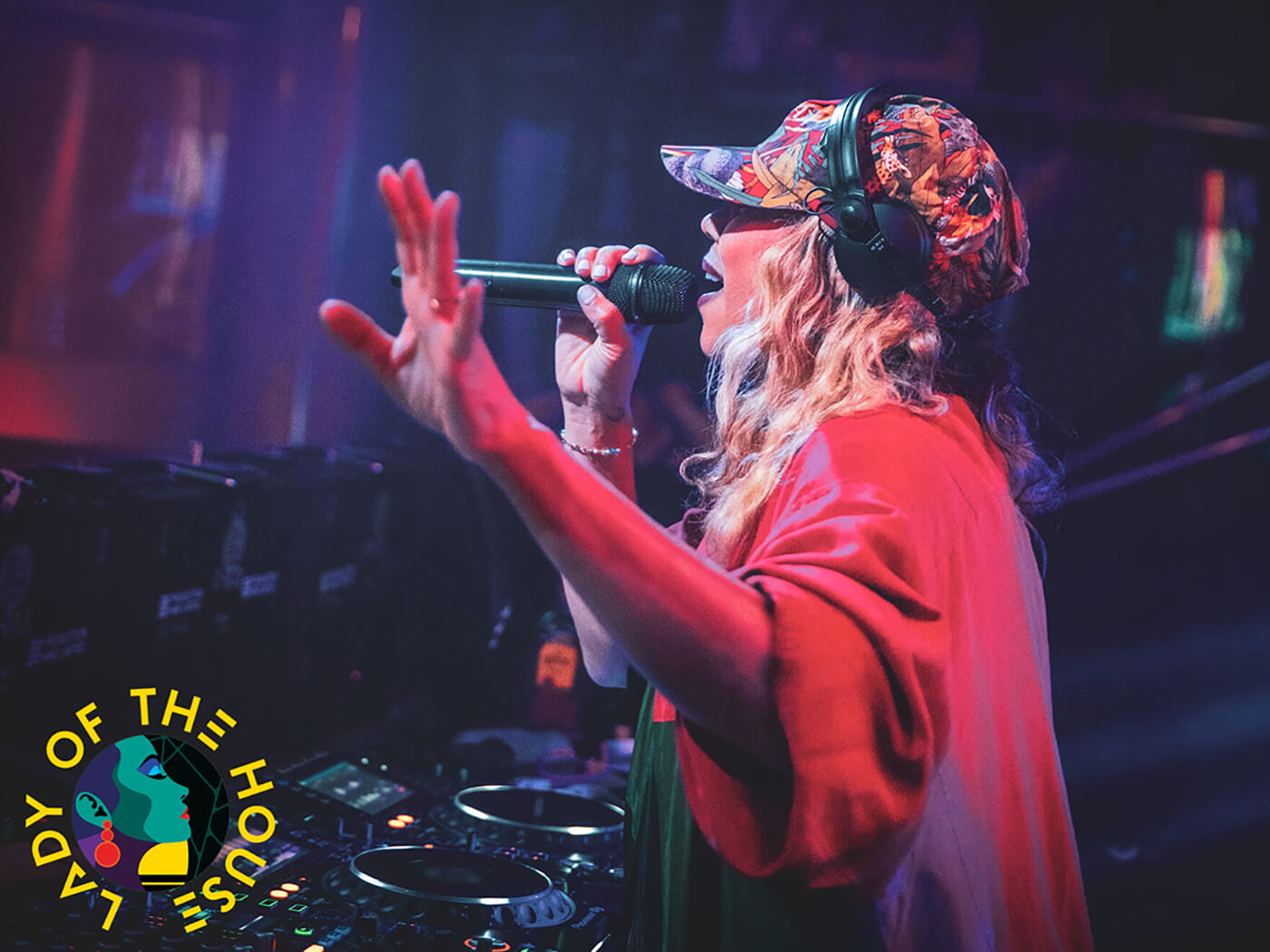
Reflecting on these goals for shesaid.so going forward, Magdalina adds: “What we want to achieve in the music industry is equity, removing the gender pay gap, and representation across all levels. That looks like we’re doing pretty well in terms of junior levels in the music industry, and specific sectors like publishing or publicity or sync, there’s quite a fair representation there at all levels; but if you start looking into more technical roles, like music production and engineering, or if you start looking at senior level positions, that’s when you notice that there’s still a long way to go. And that’s exactly where we want to play a role.”
For Lady of the House, they aim to inspire by taking action, with Hooper saying, “I personally hold the vision for Lady Of The House to firmly become the entry point for grassroots women and non-binary people to have a clear route into the scene, irrespective of the chosen path, be that as an artist or music business in general. Whilst of course, continuing to amplify the great work being done by those already leading the way, to inspire the next generation of women, as the great women before us have done.
Aria’s aspirations for Music Production for Women ring true with these ambitions, too. “Well, my biggest goal is that any woman in the world that feels like they need us, or needs another way out or to be able to take control of their own music, that they know that we exist, whether they study with us or not or anything that’s okay,” she tells MusicTech, before concluding: “but just for them to know that we are in their corner and we want to support them as much as we can, and they’re not alone in that journey of trying to figure things out.”
Support Music Production for Women. Music Production for Women will hold its next masterclass on 8 July 2023 in London.
Support Lady of the House
Support shesaid.so